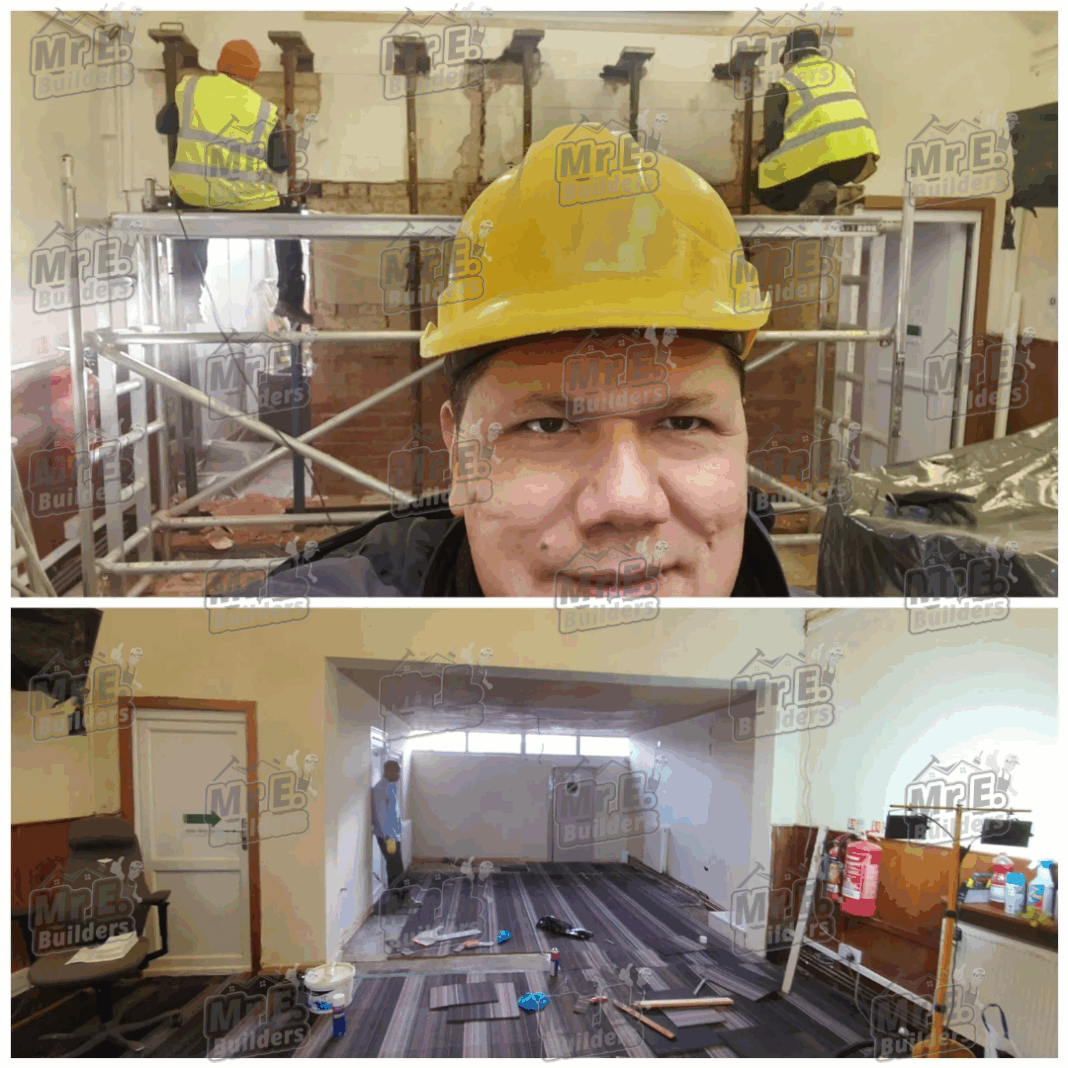Home extensions are becoming increasingly popular as families grow and homeowners seek more functional spaces. Expanding your home can improve comfort, add value, and create areas that fit your lifestyle. However, every home extension comes with legal requirements and rules. Understanding them ensures your project runs smoothly. Hiring house extension builders can make this process simpler and stress-free.
Home renovation involves upgrading, modifying, or expanding your existing property. It can include remodelling kitchens and bathrooms, adding new rooms, or even completely transforming a house’s layout. Renovation isn’t just about aesthetics; it’s also about structural safety, compliance with local building codes, and long-term durability. A well-planned renovation ensures your property remains safe and retains its value.
What is Home Extension?
A home extension is the addition of extra space to your existing house. This can be a new bedroom, a larger living room, a sunroom, or a garage conversion. Extensions can be single or multi-level, depending on your property’s layout and local regulations. The goal is to maximise usable space while maintaining architectural harmony.
Extensions may also involve moving walls, adding windows, or installing new plumbing and electrical systems. Each of these changes requires careful planning to meet building codes. Improper extensions can lead to legal issues, structural problems, or insurance complications. That’s why consulting house extension builders is crucial.
Legal Requirements and Regulations
When planning a home extension, you must follow local building regulations. These rules ensure safety, proper land use, and neighbourhood harmony.
Planning Permission
Most home extensions need planning permission from your local council. This depends on size, location, and property type. Small extensions, such as adding a conservatory, may be allowed under “permitted development,” avoiding the need for full planning permission. Larger projects usually require detailed plans and council approval.
Building Regulations
Building regulations cover structural safety, fire safety, insulation, and accessibility. Your project must meet these standards. Inspections may be required at different stages of construction.
Party Wall Agreements
If your extension shares a wall with a neighbour, a party wall agreement is often required. This protects both parties from potential disputes and legal claims.
Listed Buildings and Conservation Areas
Homes in conservation areas or listed buildings are subject to additional restrictions. You may need specialist approval before making changes.
Environmental Considerations
Some areas may have rules regarding drainage, flood risk, or protected species. Compliance ensures your extension is both legal and sustainable.
Following these legal requirements avoids fines, project delays, and potential demolition orders. Professional house extension builders in Birmingham are familiar with these rules and can guide you through the process.
Common Mistakes and How to Avoid Them
Many homeowners make mistakes during extensions. Understanding them prevents unnecessary stress and costs.
Skipping Planning Permission
Starting without permission is risky. Always check with your local council first.
Ignoring Building Regulations
Cutting corners on safety or structure can lead to accidents or legal problems.
Underestimating Costs
Many projects exceed budgets—plan for contingencies of at least 10–15% of the total cost.
Choosing the Wrong Contractor
Not all builders are equally skilled. Research, read reviews, and verify credentials.
Overlooking Design Compatibility
Extensions should match the existing home’s style. Poor integration can reduce property value.
To avoid these mistakes, work with experienced house extension builders. They manage legal approvals, handle inspections, and ensure designs comply with all regulations.
Key Features of a Legal Home Extension
A well-executed extension has several key features:
- Structural Safety: Strong foundations, reinforced walls, and proper roof support.
- Legal Compliance: All permits, approvals, and inspections completed.
- Energy Efficiency: Proper insulation, windows, and heating systems.
- Functional Design: Space designed to meet your family’s needs.
- Aesthetic Appeal: Seamless integration with existing architecture.
House extension builders in Birmingham focus on these aspects to deliver safe and attractive extensions.
Details to Know Before Starting
Before beginning, gather essential information:
- Property Boundaries: Confirm land ownership and limits.
- Local Rules: Check council regulations for size, height, and style restrictions.
- Utilities: Locate water, electricity, and gas lines.
- Timeline: Estimate start and completion dates.
- Cost Estimates: Get detailed quotes to compare prices and services.
Knowing these details helps avoid legal complications and ensures smooth execution.
How It Works: The Extension Process
Understanding the process helps homeowners plan effectively:
Initial Consultation
Discuss your goals, budget, and timelines with your builder.
Design and Planning
Create detailed plans that consider structural integrity, style, and compliance.
Approval and Permits
Submit plans to local authorities for planning permission and building regulations.
Construction
Foundation, walls, roofing, and finishing work are completed in phases.
Inspection and Handover
Ensure compliance with regulations and hand over the finished project.
Professional house extension builders handle each step, making the process stress-free.
Choosing the Best Extension Builders in Birmingham
For homeowners in Birmingham, it’s essential to hire trusted professionals. Steps to find the best house extension builders in Birmingham include:
- Research: Look online for top-rated builders and portfolios.
- Compare Quotes: Evaluate multiple builders for pricing and services.
- Verify Credentials: Confirm licenses, insurance, and certifications.
- Check Reviews: Read testimonials from previous clients.
- Schedule Consultations: Meet builders to discuss your project and expectations.
This process ensures you choose a competent team that delivers quality work on time and within budget.
Conclusion
Home extensions are exciting projects that improve comfort, functionality, and property value. By understanding regulations, avoiding common mistakes, and hiring experienced house extension builders, your project can run smoothly and successfully. For residents in Birmingham, choosing reliable house extension builders in Birmingham ensures compliance with local rules and delivers a high-quality result. Take your time, ask the right questions, and enjoy the transformation of your home.



